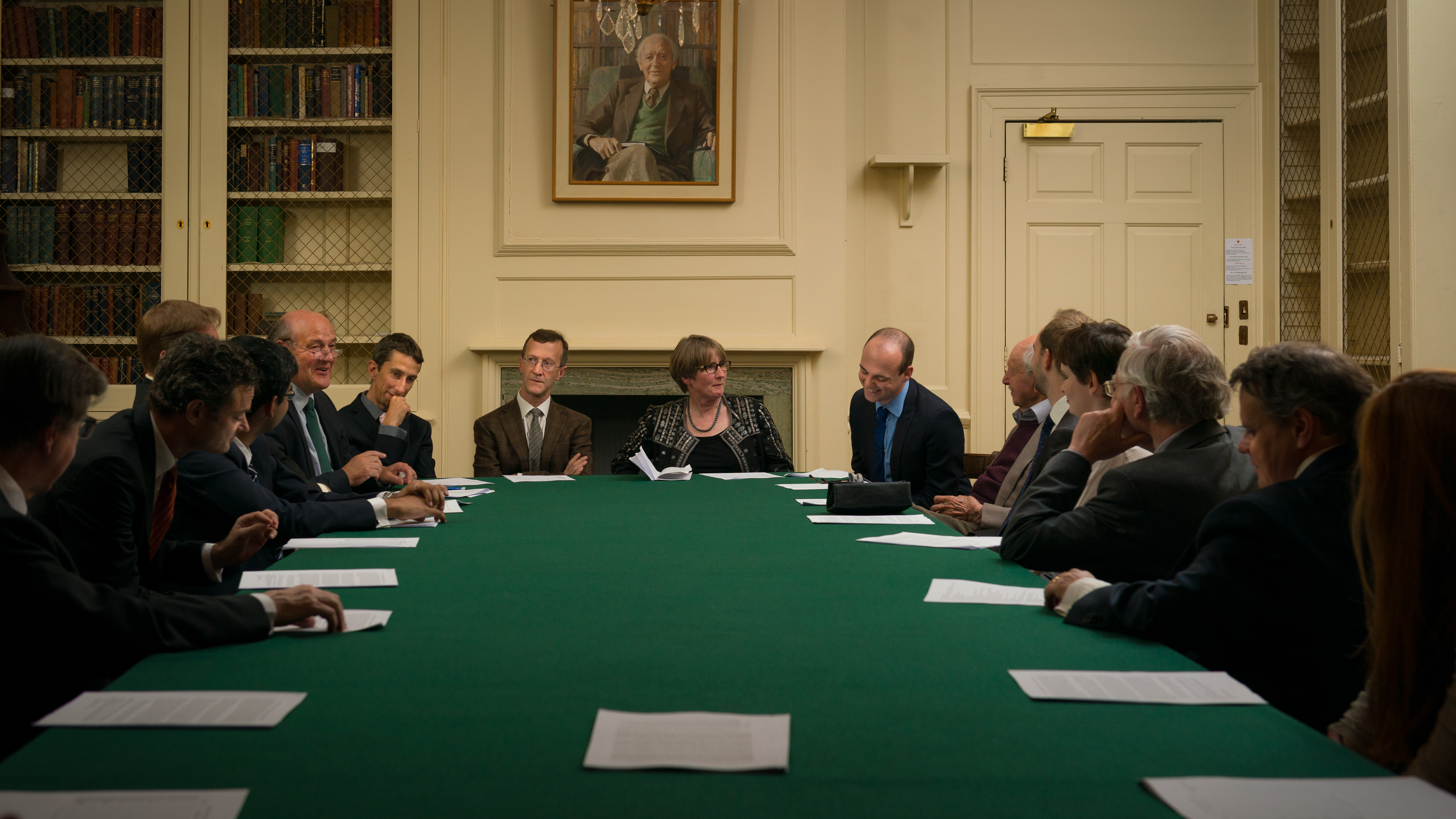The Law Foundation
A charitable trust linked to the University of Oxford
 The purpose of the Law Foundation is to promote and develop the study of the theory and practice of law in all its branches, whether at the University or elsewhere, by staff of the University, by those holding visiting appointments at the University, or by students pursuing courses of study approved by the University.
The purpose of the Law Foundation is to promote and develop the study of the theory and practice of law in all its branches, whether at the University or elsewhere, by staff of the University, by those holding visiting appointments at the University, or by students pursuing courses of study approved by the University.
The Trustees meet annually in Oxford at around the start of the academic year, to consider proposals for funding and monitor the financial position of the fund. The Trustees will support items of expenditure that are both exceptional and will add value to the whole of Law in Oxford.
An Annual Report of the activities of the Law Foundation is produced once the minutes of the meeting from the previous year have been approved by the Trustees at the next meeting. Links to the reports are listed below.
Proposals to the Law Foundation must be made on the recommendation of the Law Board, having first been considered by the Faculty’s Planning and Resources Committee.
The Trustees for 2022-23 are:
Laurence Rabinowitz KC (Chair)
Andrew Mackie (representing the Vice-Chancellor)
Tina Cook, KC
[ ] (appointed by the Board of the Faculty of Law)
Jonathan Herring (appointed by the Board of the Faculty of Law)
John Armour (ex officio as Dean of the Faculty of Law)
Secretary to the Board of Trustees is the Development Officer in the Law Faculty, e-mail development@law.ox.ac.uk.
Annual reports
2013-14 2014-15 2015-16 2016-17 2017-18 2018-19 2019-20 2020-21
2021-22
Law Foundation Scholar
Jan Langemeyer, DPhil in Law
Jan is a doctoral student in Law at Oriel College. Prior to the DPhil, Jan studied Law (Erste Juristische Prüfung) as well as Modern History and Islamic Studies (Bachelor of Arts) at the Albert-Ludwigs-University in Freiburg and at the Sorbonne Université in Paris. He also holds a Magister Juris (distinction) from the University Oxford.
Research Summary
My research examines the history of Administrative Law in England, France, and Germany in the late nineteenth and early twentieth centuries. The doctoral project is jointly supervised by Professor Joanna Bell and Professor Birke Häcker, and generously funded by Oxford’s Faculty of Law (Law Foundation Scholarship) and by Oriel College (Keith Hawkins Scholarship in Legal History).
